
Category:
Time:
Dairy foods are important dietary sources of energy and nutrients in many countries. Often considered as a single dietary factor, dairy foods are in fact a wide range of products, produced from a variety of processes, and with diverse uses and characteristics. Most dietary guidelines have recommended intake of low- or no-fat dairy, largely based on theoretical considerations regarding individual nutrients (e.g., calcium, vitamin D, and saturated fatty acids), with little consideration on specific types of dairy foods. However, the established recommendations have been questioned by emerging evidence suggesting diverse effects on type 2 diabetes risk from specific dairy foods.
This presentation will provide insight of the current state of evidence regarding the role of dairy in the development of type 2 diabetes. Findings from recent nutritional studies, including both randomized controlled trials and observational studies, will be summarized. Randomized controlled trials allow us to estimate dairy foods’ effects on intermediary risk factors of diabetes (e.g., glucose metabolism or body composition). Observational studies are helpful to evaluate the effect of long-term dairy consumption by comparing diabetes risk in people with diverse intake of dairy products. Potential mechanisms underlying the observed effects of dairy consumption will be discussed. In the light of the current state of evidence regarding dairy foods and diabetes, existing dietary guidelines from around the world will be presented and discussed.
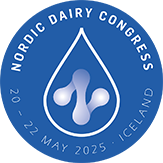

















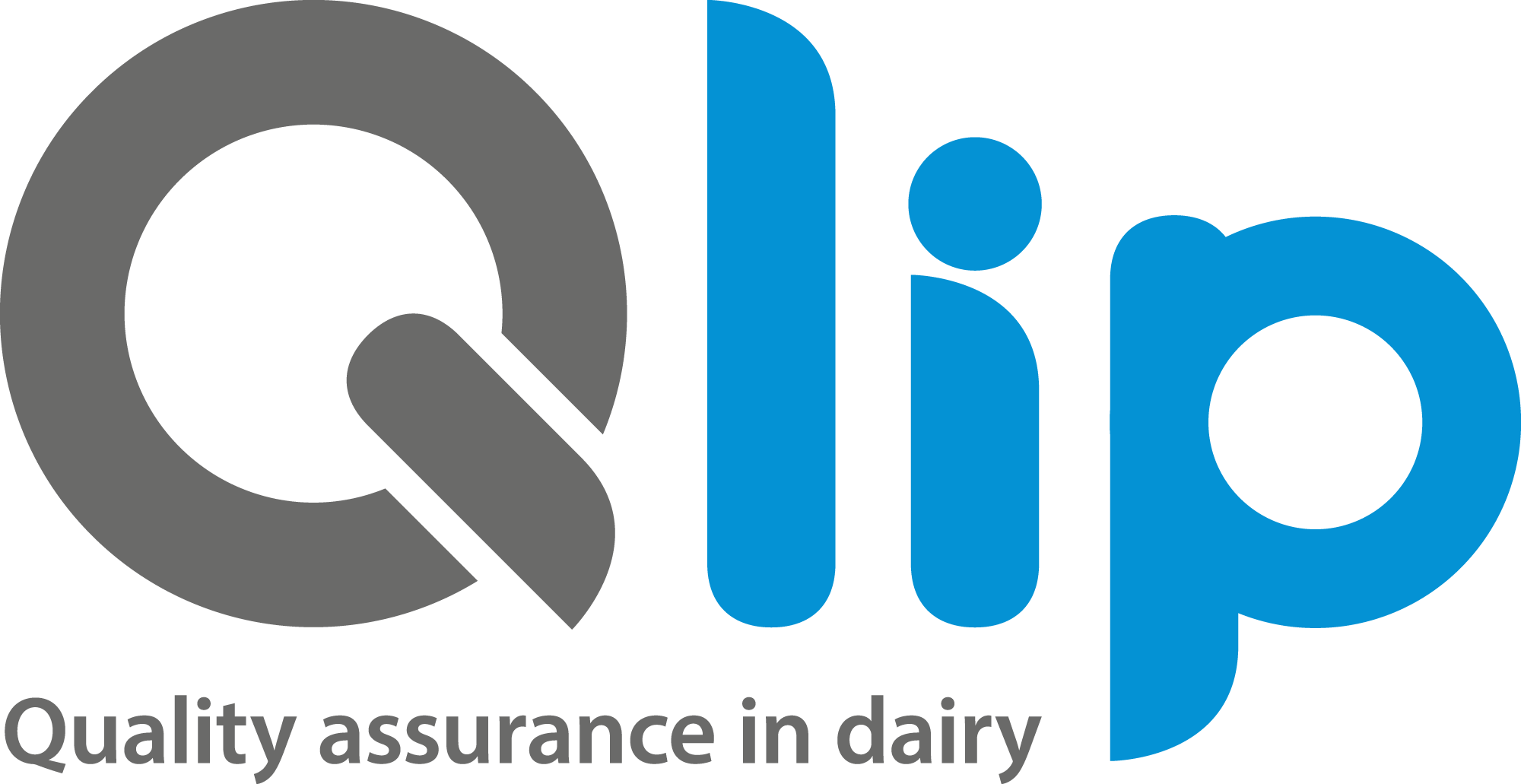



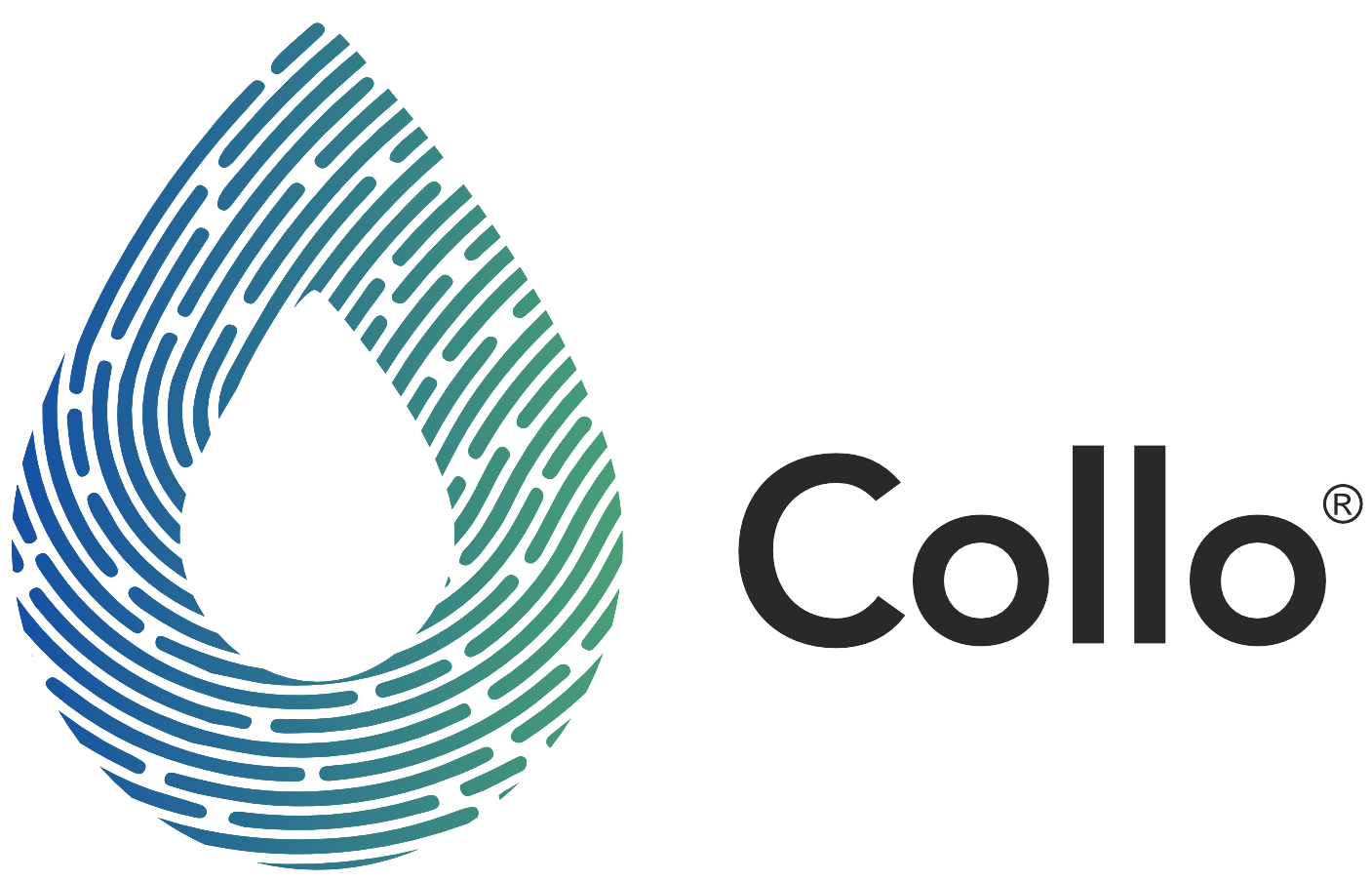









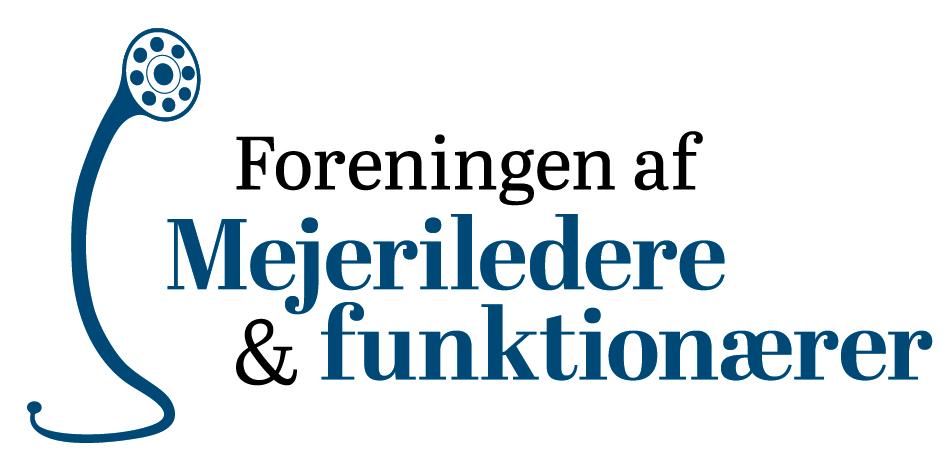




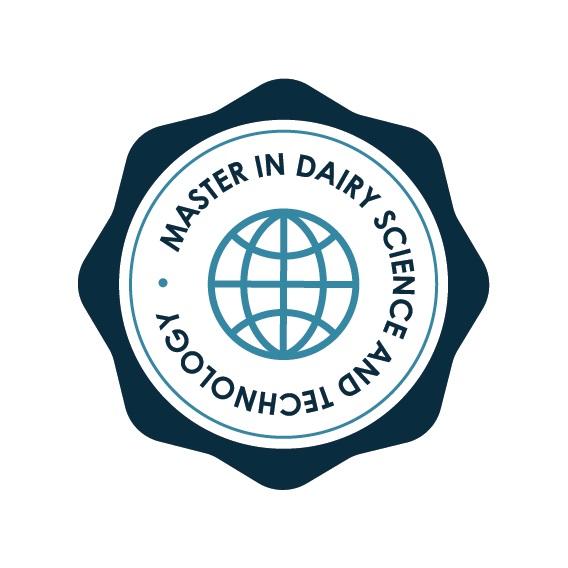


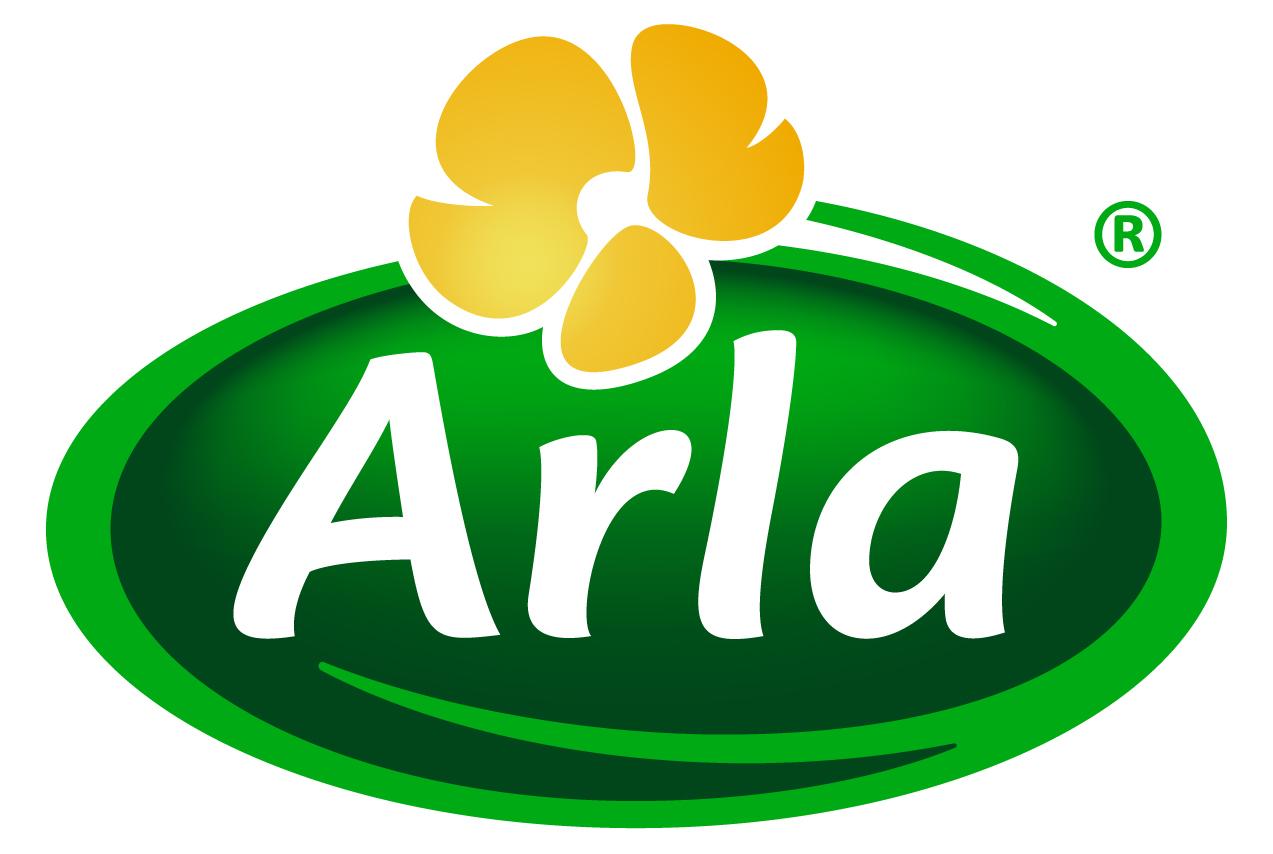

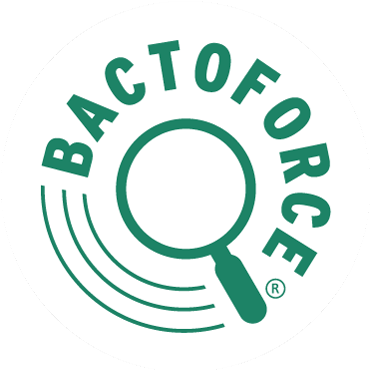


 Munkehatten 28
Munkehatten 28